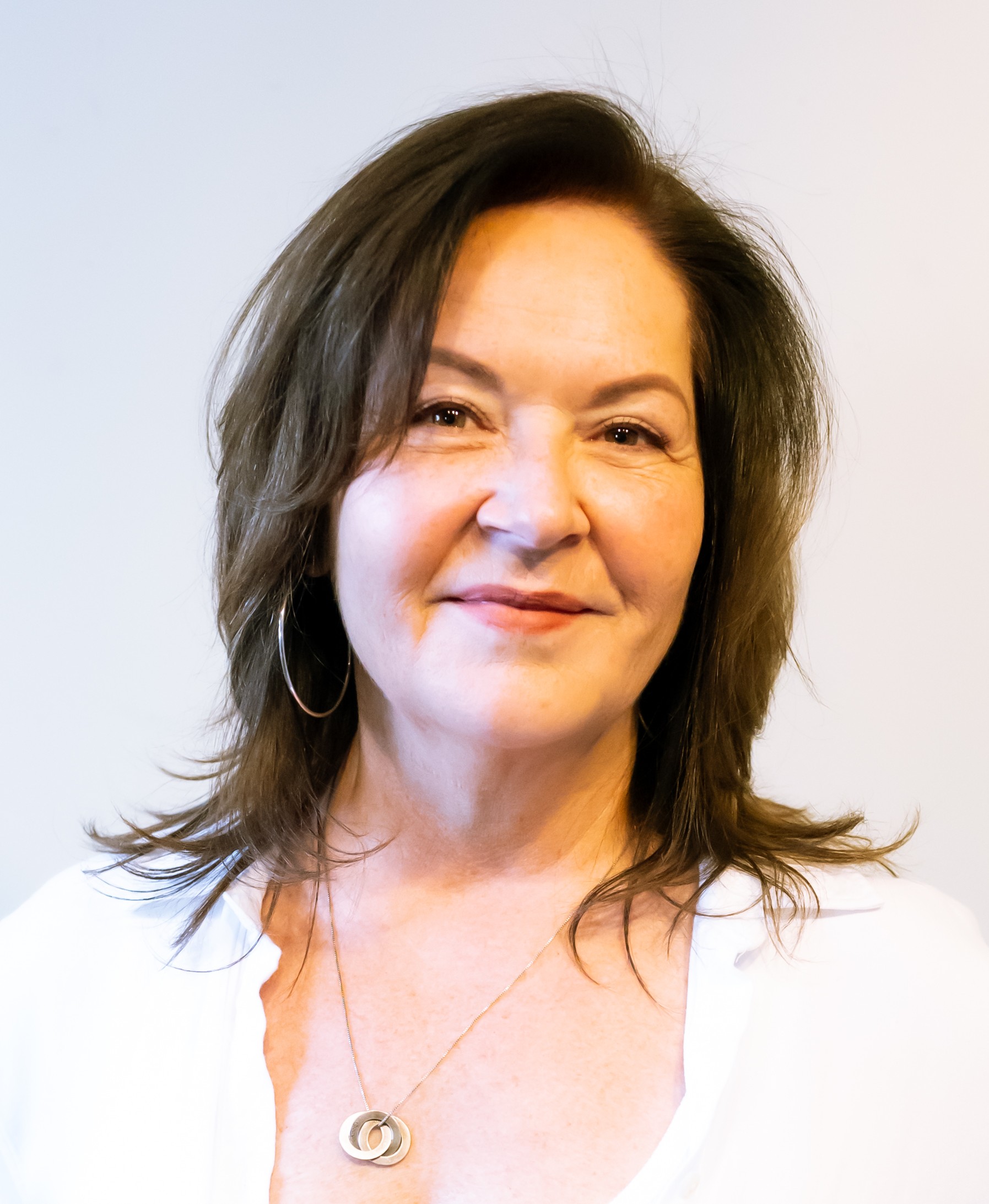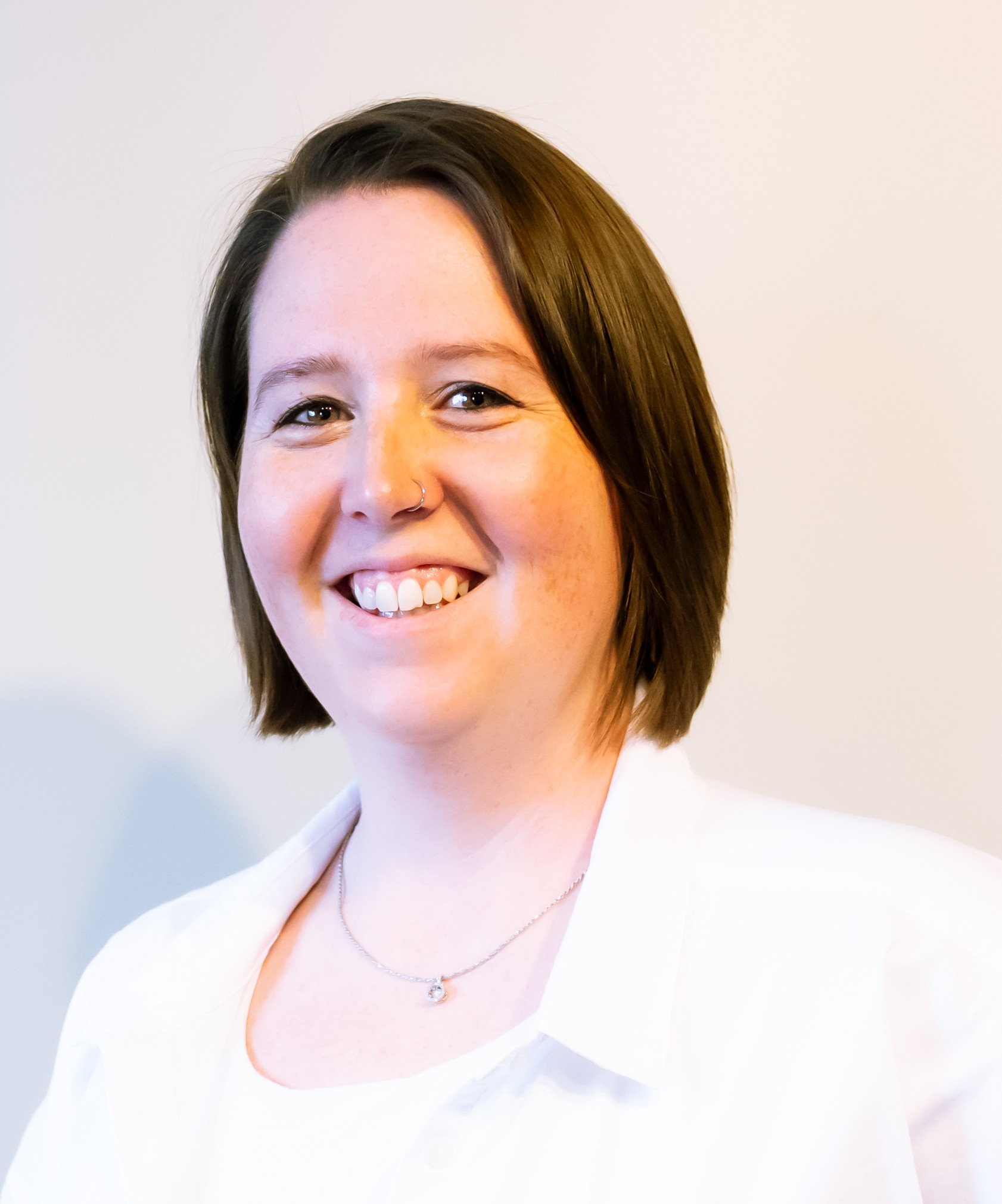Steps for buying a home
There's nothing like the moment when you get the keys to your new home. Before you get to that point, there's a few important steps in the home buying process.
There's nothing like the moment when you get the keys to your new home. Before you get to that point, there's a few important steps in the home buying process. The first is to sit down and identify your wants versus your needs. This will ensure that we have a clear understanding of the home you are looking for and to ensure that this home will best suit your lifestyle. We’ll talk about the best neighbourhoods in London, Ontario, style of home, price range and everything in between, in order to target specific homes that meet these criteria.
Below, I’ve compiled a list of 8 important factors to keep in mind before and during the home buying process:
1. Get Pre-Approved
In order to identify the price range of homes to look at, you’ll need to get a pre-approval, find my preferred Mortgage Specialist on my Professional Contacts page. It’s advisable to speak with a few mortgage professionals but make sure you only allow your credit report to be pulled once. Being pre-approved will help keep a realistic perspective about the homes you can afford and also show that you are a serious buyer. It will also help avoid any sort of disappointment in perhaps viewing homes that you love but can’t afford.
2. Determine Your Priorities
This entails making a list of your wants and needs in both a home and a neighbourhood. Next, rate your lists on a scale of 1 - 10 (10 being a "must have" and 1 being "it would be nice, but not a necessity"). This will really help you stay on track when you start to see a number of houses and there are a few contenders that you may want to put an offer on. This also helps me as your agent to narrow the focus and limit our search to homes that fit these criteria and will help you stay on track when you’ve seen a number of homes and are trying to decide amongst them which one is best for you.
3. Research the Neighbourhoods
I've developed a London, Ontario Neighbourhood Guide, where I highlight the many diverse qualities of all the different neighbourhoods in London, ON. When choosing a neighbourhood, familiarize yourself with the stats: property taxes, schools, other unique features. Once you’ve narrowed it down, spend some time walking around the neighbourhood to get a sense of what the community is all about and visualize if you could see yourself living there. Talking to the residents of the neighbourhood is also a good way to get insider information to help determine if it’s the right area for you.
4. Consider the Future
As you consider the house and property, determine if it has adequate space for you and your family not just now, but for a few years to come. Also, if you were to imagine wanting to makE any structural alterations or additions to the home, are permits from the city for this typically granted?
5. Be Your Own Inspector
As you walk through the home, keep an eye out for awkwardly placed furniture or carpets that may be hiding something. Too much air freshener can also be an indication that something is being concealed. Check the function of the appliances and fixtures. Ask for the age of the roof, water heater and furnace. Make a note of anything that stands out or questions you have so that when it comes time to walk through with the official home inspector you can ask them to clarify and explain any concerns you may have.
6. Making an Offer
As your agent, I will create a market analysis on the property in order to help determine a fair price to offer. From there, let’s not be afraid to negotiate, especially in conditions where it’s a buyer’s market or the seller is motivated. The offer isn’t just about the price, it’s also the time to be sure to list all the items and stipulations you would like to include, ranging from home inspection contingencies to appliances.
7. Book a Home Inspection
Skipping this important process could cost you several thousand dollars in the future, so don't skimp to save a few hundred now. Follow the inspector as they perform the inspection and feel free to ask as many questions as you need to along the way. After you have the inspection done, read the report carefully and ask the inspector to clarify anything about the report that you don't understand. It’s also important to keep in mind that no home is perfect and that’s ok. As long as you are aware of, and comfortable with, the condition of the home that’s all that matters.
8. Closing Costs & Considerations
Ask for a copy of the closing documents before you close so you can go over them at a more leisurely pace and ask any questions that may arise. Don't forget to figure your closing costs into your budget. This will include, but is not limited to things like your first mortgage payment, property tax payments, legal fees, appraisal fees and mortgage application fee. Your mortgage professional will provide you with a written good faith estimate of closing costs within three days of completing your mortgage application and will also be happy to explain anything that is unclear to you at that time.

